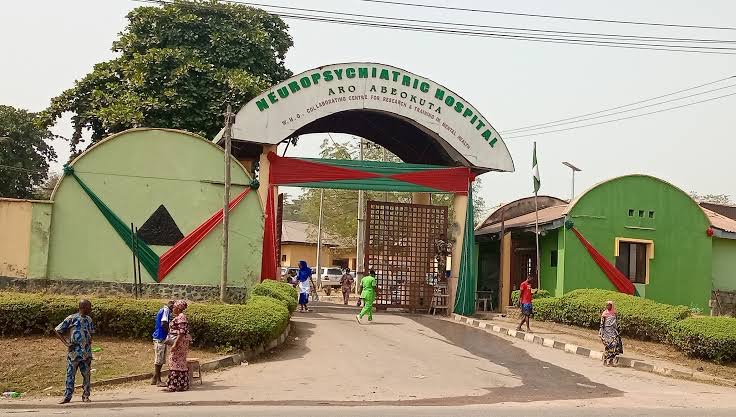- Agency Report
There is lower funding for mental illness research and fewer mental health services in relative to other healthcare services
Dr Titilayo Senbanjo, a Psychiatrist with the Federal Neuro-psychiatric Hospital Yaba, Lagos, says there is disparity in the level of treatment and care people with mental health conditions receive in Nigeria.
Senbanjo made the observation in an interview with the News Agency of Nigeria (NAN) on Tuesday in Lagos.
She said there was huge treatment gap for mental health conditions in the country as mental health services were barely accessible outside the state capitals.
According to her, it is critical that people living with mental health conditions have continued access to treatment and care.
She emphasised the need for establishment of mental healthcare facilities at the grassroots and communities where mental health services were most needed, saying that most mental illness occur in the rural areas.
“There is lower funding for mental illness research and fewer mental health services in relative to other healthcare services.
“We have got over 50 government hospitals looking after pregnant women and treating other health issues. We have thousands of private hospitals and maternal homes for women and children.
“But, how many mental health facilities are in Nigeria with a population of over 217 million people? They are very few; even most states in the country do not have a functional psychiatric hospital.
“A failure to take people’s mental and emotional wellbeing seriously will lead to long-term social and economic costs to society,” she said.
Senbanjo, therefore, called for collaboration among Non-Governmental Organisations, governments, religious bodies and organisations in promoting and maintaining good mental health status for the country.
She urged them to play an active role in tackling inequality of mental healthcare services in their local areas.
The Psychiatrist suggested the need for the nation to scale up investment in mental health, calling for an end to the stigmatisation faced by mental health responders.
“Access to mental health remain unequal with between 75 per cent to 95 per cent of people with mental disorder in low and middle income countries unable to access mental health services.
“The nation must dramatically accelerate the scale-up of investment in mental health, because there is no health without mental health.
“It has become necessary for the Federal Government to increase its allocation, investments and funding on mental health in view of the increasing rate of mental health cases and the huge treatment gap for mental health conditions in the country.
“Like other patients suffering from various ailments, people with mental ailment should be shown empathy and not discriminated against.
“While the government is doing what it can, the private sector, non-governmental organisations, and individuals must come together to address the treatment gap in mental health and provide facilities for those who need treatment before they fall into the wrong hands”.
According to her, there is need for implementation of mental health policies, plans and laws, as well as improvement in capacity to report on a set of core mental health indicators.


